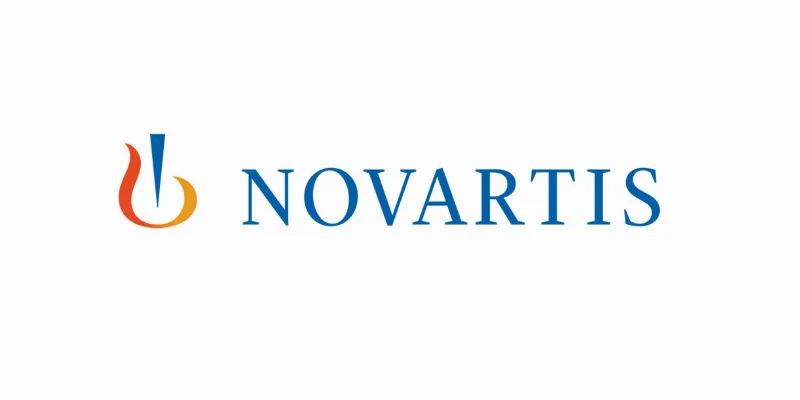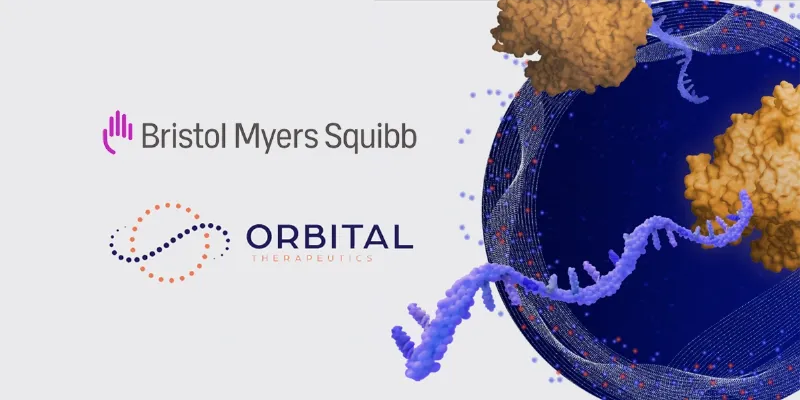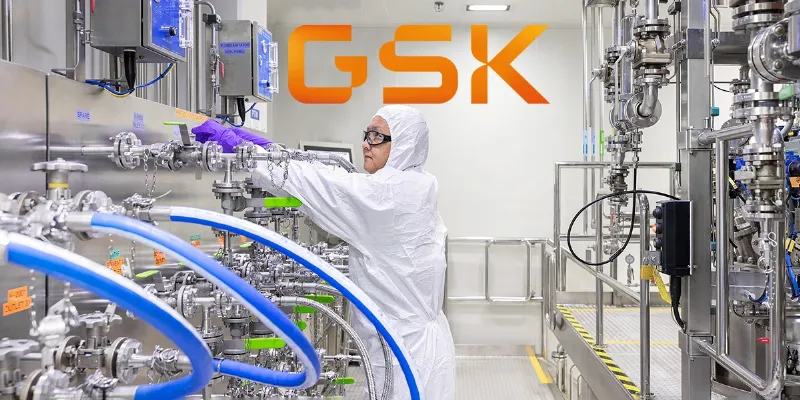Novartis's Atrasentan Achieves Positive Results in Phase 3 Kidney Disease Trial

30 October 2023
Novartis announced positive results from its Phase 3 ALIGN trial for the treatment of IgA nephropathy using atrasentan. The study showed significant reduction in proteinuria, positioning Novartis to consider U.S. accelerated approval by 2024. The drug's safety profile was consistent with prior studies.
In a breakthrough for the treatment of IgA nephropathy (IgAN), a rare and progressive kidney disease that affects primarily young adults, Novartis has announced positive topline results from its Phase 3 ALIGN trial. The study primarily focused on atrasentan, an oral endothelin A receptor antagonist, which demonstrated significant potential in reducing proteinuria, an excess of protein in urine.
The interim analysis from the 36-week trial revealed that atrasentan achieved its primary efficacy endpoint by showing a marked superiority over the placebo in reducing proteinuria. These promising results have propelled Novartis to consider submitting an application for accelerated approval in the U.S. by 2024.
Notably, atrasentan's safety profile was consistent with data from the earlier phase 2 AFFINITY study. From the cohort involved in the Phase 3 ALIGN trial, only five patients experienced a treatment-related adverse event, all of which were of mild or moderate severity.
This achievement is part of Novartis's broader strategy in tackling IgAN. Alongside atrasentan, the pharmaceutical giant has also been advancing the development of iptacopan and zigakibart. Both these investigational drugs have shown significant promise in recent Phase 3 trials.
Dr. Shreeram Aradhye, Novartis's Chief Medical Officer, expressed optimism about the drug's future and stated,
“These positive topline Phase III data showcase the potential of atrasentan to improve outcomes for patients with IgAN by demonstrating clinically meaningful proteinuria reduction. Along with investigational iptacopan, which recently also showed positive topline Phase III results, and investigational zigakibart, our development portfolio of three highly differentiated late-stage therapies in IgAN has the potential to provide much-needed treatment options for people living with this debilitating disease.”
The ALIGN study, which was a randomized, multicenter, double-blind, placebo-controlled trial, involved approximately 340 patients with biopsy-proven IgA nephropathy. The main criteria for patient inclusion in the study were a biopsy-confirmed diagnosis, consistent dose of renin-angiotensin system (RAS) inhibitor therapy, urine protein levels of at least 1 gram per day, and an estimated glomerular filtration rate (eGFR) above 30 mL/min/1.73 m^2.
IgAN is a significant cause of chronic kidney disease and kidney failure globally. As many as 30% of IgAN patients with persistent higher levels of proteinuria risk progressing to kidney failure within a decade. The global medical community has expressed an urgent need for effective treatments to slow this progression.
Novartis's acquisition of Chinook Therapeutics in August 2023 added both atrasentan and zigakibart to its portfolio. Both drugs, along with iptacopan, form the core of Novartis's strategy in providing potential therapeutic options for IgAN and other rare kidney diseases.
The ALIGN study continues in a blinded manner, with its primary focus now shifting to evaluate the change in kidney function over 136 weeks as measured by eGFR. The medical community awaits the topline results from the confirmatory endpoint analysis, expected in the first quarter of 2026.
About the ALIGN study
The ALIGN study (NCT04573478) is a global, randomized, multicenter, double-blind, placebo-controlled Phase III clinical trial comparing the efficacy and safety of atrasentan versus placebo in patients with IgAN at risk of progressive loss of kidney function1. Approximately 340 patients with biopsy-proven IgAN with baseline total proteinuria over one gram per day despite optimized RAS inhibitor treatment were randomized to receive once-daily oral doses of atrasentan (0.75 mg) or placebo for approximately 2.5 years (132 weeks). Patients continue receiving a maximally tolerated and stable dose of a RAS (renin-angiotensin system) inhibitor as supportive care (unless they are unable to tolerate RAS inhibitor therapy). An additional group of up to 64 patients receiving a stable dose of SGLT2 inhibitor for at least 12 weeks have also been enrolled. The primary efficacy endpoint of the study is change in proteinuria as measured by urine protein to creatinine ratio (UPCR) from baseline to 36 weeks. Secondary and exploratory objectives include evaluating the change in kidney function from baseline to week 136 as measured by eGFR, as well as safety and tolerability. Topline results from the confirmatory endpoint analysis are expected in the first quarter of 20261











Comments
No Comments Yet!